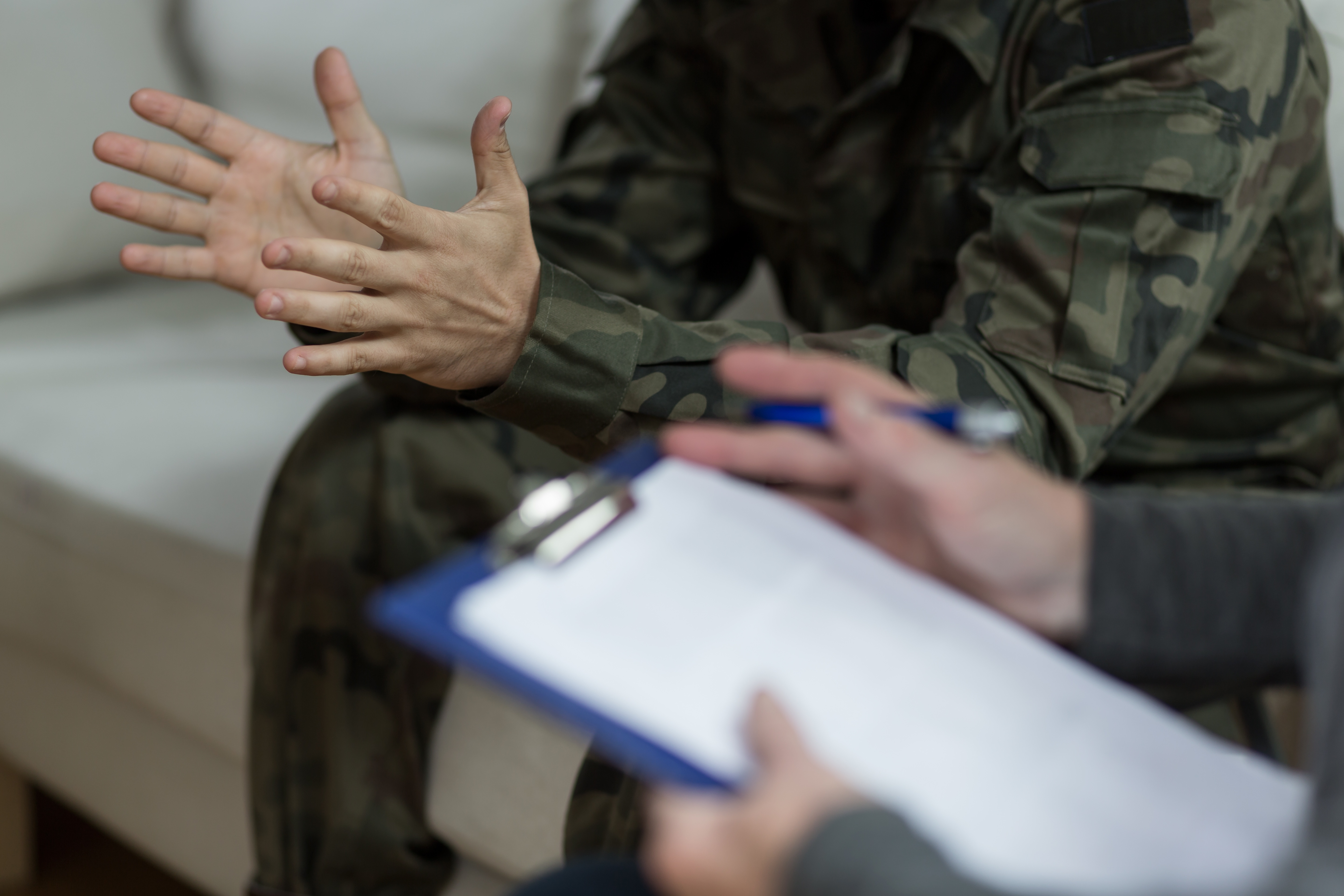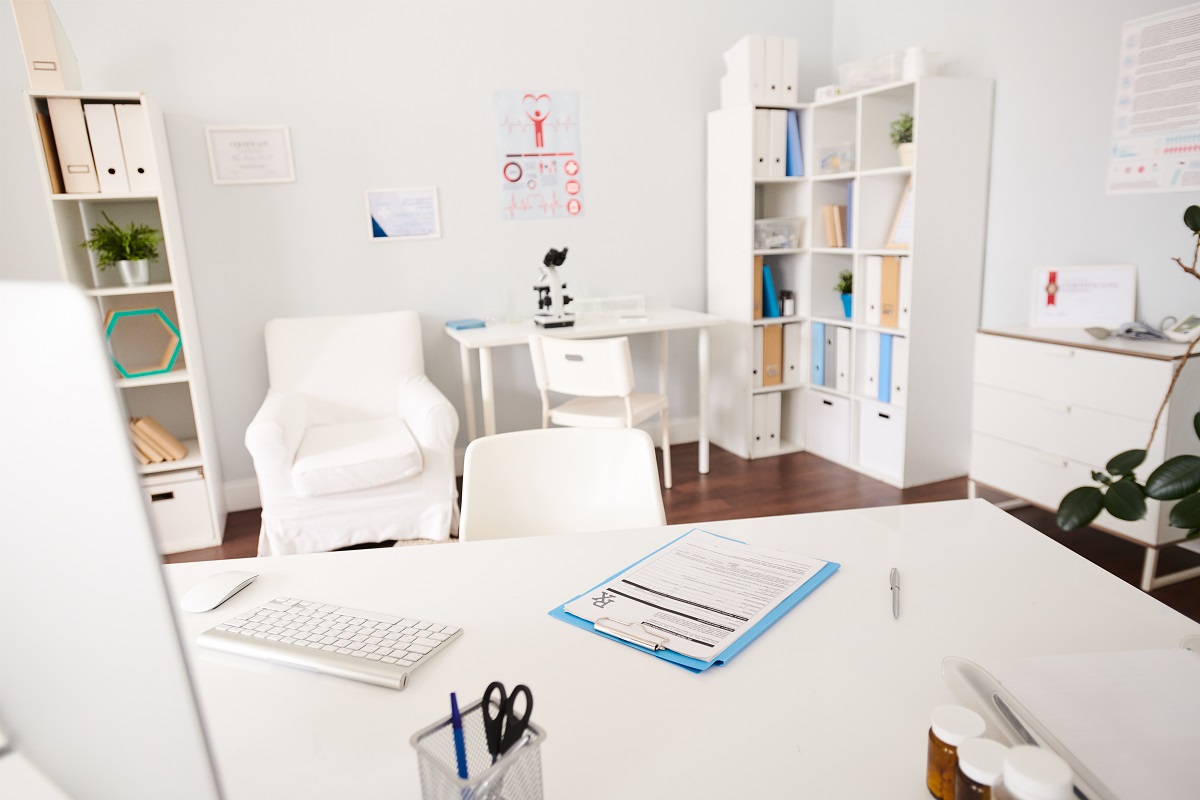Doubts, Uncertainty, Indecision, and Procrastination
- April 4, 2019
- / Sunshine Behavioral Medicine
- / Self-support,Mental Health,Anxiety

How to conquer doubts uncertainty, Indecisiveness and procrastination:
You can’t avoid unknowns and uncertainties. These conditions are as much a part of life as are death and taxes. You can’t accurately know the future or outcome of your efforts to unravel uncertainties. However, you can predict what you can and will do to overcome your fears of uncertainty.
How you approach conditions of uncertainty suggests whether you feel threatened or challenged. Let’s say that you see gaining clarity as a challenge. If your actions lead to clarity, that is a positive result.
If you see many conditions of uncertainty as threatening to your stability, you might feel anxious over uncertainty. Anxiety over uncertainty is more than feeling apprehensive about something you haven’t tried before, or wariness about venturing into unfamiliar territory. A persistent anxiety over uncertainty drains time and resources without yielding healthy benefits. This state of thought, feelings, and action is a catalyst for inhibitions or impulsive decisions.
When anxiety over uncertainty interferes with your enlightened goals and interests, you might feel like you are floating in a sea of uncertainty and whipped about by waves. Here are three recognizable waves:
- You dread facing circumstances where there are complexities and uncertainties and where you believe you have a lot at stake and where you believe you may not do well enough at unraveling the puzzle.
- You experience self-doubts as you hesitate with indecision.
- You procrastinate until you have a guarantee that you are safe to act. That proves to be a long wait. (This is like temporarily putting yourself in the eye of a storm. However, the waves don't disappear.)
How do you stop feeling anxious about uncertainty in situations that you view as ambiguous, complex, or filled with unknowns? Let’s look at a sample of anxiety over uncertainty situations. Then, I’ll share some ideas about how thinking about uncertainty can lead to anxiety. Then I’ll describe a five-step proactive coping method to combat anxiety over uncertainty thinking, feelings, and actions.
Uncertainty Situations
Anxiety over uncertainty can surface in different situations. Here are five:
- You have two romantic partners and you truly care for both. You feel terrified at the thought of making a big mistake by picking one over the other, or by dropping both. You wait for more information. At the same time, you know that if you don’t make a choice, you will lose both.
- You have a choice between returning to college and sticking with your current dead-end job. You don’t know for sure that you’ll succeed in college. You know you’ll succeed at the job.
- An acquaintance invites you to a party. You don’t know who will be there. You know you feel awkward when meeting strangers.
- You purchase a camera with many complicated features. You don’t know how to use most of them. You feel anxious about fumbling and feeling inept as you try to figure out the new features.
- You don’t know why you are here on earth. You are unsure about what is meaningful for you to do.
Each sample situation has its own unique features. For example, choosing between romantic partners is different from trying to find your place in the universe. However, anxiety over uncertainty conditions can share common features, such as an anxiety about committing yourself to one person or committing yourself to a specific direction in life. In both cases, you may feel petrified about making a mistake.
Feeding Anxiety over Uncertainty
It’s helpful to know core features that can cut across different anxieties over uncertainty. Match your experiences against the following four sample dynamics. Which ones fit?
- You dwell on fictional dangers, such as unfounded—possibly unknown--perils to your emotional security and self-image.
- You think that because you are unsure about what to do, you are unable to cope well enough. (If you believed that you could cope with uncertainty, you probably wouldn’t feel anxious.)
- You act indecisive and procrastinate on engaging in activities to reduce uncertainty. For example, do you tell yourself that you need more information and will get to it later?
- You prioritize safe activities over challenging, beneficial, important, or appealing new experiences.
There is no universal solution where one corrective method fits all anxieties over uncertainty. Nevertheless, you must start somewhere if you intend to decrease anxiety over uncertainty. Let’s start with proactive coping.
Five Proactive Coping Steps
In proactive coping, you prepare yourself to cope in order to reduce, prevent, or intervene to curb anxiety over uncertainty. Here are some sample proactive coping steps:
- Step 1: In upcoming situations, where your information is incomplete, accept ambiguity and uncertainty as a natural part of living and learning. You won't see the complete picture until you engage the challenge. You’ll learn more by taking action than by waiting for a guarantee.
- Step 2: Decide what, when, and how you'll proactively cope. Pick your most pressing area where you risk acting indecisively. That’s your what. Pick a time to start proactively coping. That’s your when. Identify what you'll do first, and then what you’ll do next. This is the how. Plan to adjust what you do as you go.
- Step 3: Think about high probability things that can get in your way, such as anxiety thinking where you tell yourself that you can’t cope with uncertainty. Come up with a plan for each impediment. Then test the plan against reality. For example, one way to combat anxiety over uncertainty is to make an uncertainty estimate. Ask yourself, what is the probability of one thing happening over another? If you don’t have an answer, then ask another question: “What healthy purpose is served by tormenting myself over something that will take time to understand?” (Hint, there is probably no healthy purpose.)
- Step 4: Build momentum for resolving uncertainties by intentionally engaging in meaningful problems that have complexities and unknowns. Anything reasonable where the process and outcome are in doubt will do. Decide where you’ll start, then start (you have to take the first step before you can take a second).
- Step 5: Remind yourself that you are doing this exercise to train yourself to stop hesitating, develop a factual basis for deciding new steps to reduce uncertainty, and get yourself out of a procrastination trap.
Combating Doubt and Uncertainty
You know it all too well: that sinking feeling that you’re not good enough, that you don’t have what it takes to succeed, or that you won’t be able to navigate this next chapter. Even for the most confident people in the world, there are inevitable times when doubt and uncertainty creep in and seem to take over your mind, body, and spirit.
This negative way of thinking can result from both external and internal forces. Perhaps you got passed up for a promotion or your group of “friends” didn’t invite you to a weekend getaway they shared on social media. Maybe you’re watching the state of the world change in ways that bring up fear for what’s next. It might be deeper than that, too. Perhaps you’ve held a life-long belief about yourself that you are stupid, ugly, or a bad person—undeserving of love or respect.
Regardless of how it shows up, doubt and uncertainty can be debilitating if not addressed head-on and swiftly. It can lead to additional feelings of:
- Fear
- Anger
- Sadness
- Loneliness
Don’t let negativity win. Here are five ways to combat doubt and uncertainty so that you can claim a life of strength and resiliency.
Ground Yourself in Reality
Thoughts that lead to self-doubt and uncertainty are most likely not rooted in the reality of where you are. Thoughts like that come from places of insecurity, stories, and lies, not honoring who you are and how far you’ve come. In the moment though, it can be difficult to remember what the truth is.
Prepare for those moments by creating a Self I.D. Card that can remind you of your true identity and core competencies. Take a 3x5 index card and complete the follow sentences:
- My name is…
- I grew up in…
- I am gifted at…
- I am loved by…
- I am uniquely me and have nothing to fear.
You can refer to your I.D. card anytime you feel doubt and uncertainty creep in.
Recognize that you are Not Alone
Trust in the fact that you are not the first person to experience doubt and uncertainty, and that you will certainly not be the last. Everyone experiences feelings of uncertainty and fear of “not being good enough” at times—even the most successful people in the world. The simple fact of knowing that you are not alone can help those feelings dissipate.
Breathe
Take a moment to step back and breathe. Calm your nerves by recognizing that this is a temporary state of being. The anxiety you feel cannot harm you and you are not destined to feel confused, bewildered, and insecure for the rest of your life.
Practicing pranayama—deep, mindful breathing—can help center your being and has been proven to reduce anxiety and depression and decrease feelings of stress and overwhelm.
Write Down Your Doubts
Instead of letting thoughts of uncertainty swirl around in your head and hijack your mind, take time to write down each one of your doubts on a small slip of paper. Then, read each one aloud and ask yourself if that doubt serves you. If the answer is no, crumple up the piece of paper and throw it into the recycle bin or burn it (safely, of course). In the off chance that the answer is yes, spend time journaling about why you think that doubt serves you.
This practice can also be done in the presence of a trusted loved one if you need extra support. They can give you the honest truth and help you ground your self-judgments in reality.
Access Your Confidence
The truth is, you have inner confidence, whether it seems obvious right now or not. Somewhere deep inside is the knowledge that you are worth it and that you have immense value just by being you. In times of doubt, learn how to channel the confidence that’s already inside you. This is a powerful practice that may not come naturally, especially if you’re prone to negative self-talk.
One way to do this is by practicing power poses, which have been proven to boost your levels of confidence. This approach was made famous by social psychologist Amy Cuddy in her TED Talk from 2012.
While it might sound strange—and feel even stranger doing it—standing in a position that exudes confidence can affect the testosterone and cortisol levels in your brain, which may impact your chances for success. Try this:
- Stand up tall, with your feet slightly wider than hips-distance apart
- Put your hands on your hips (or your arms open wide) and stand with your chest open and lifted
- Lift your chin and both corners of your lips (yes, that means smile wide)
Next time you’re feeling a little lost, find a quiet space and strike this wonder woman pose for about 90 seconds. Take note of how you feel before and after practicing the pose.
Be Vulnerable
While finding the inner strength to battle doubt and uncertainty is necessary to build a personal sense of resiliency, no one is meant to journey through hard times alone. There is power in surrounding yourself with people who will love and support you, even when you don’t have a strong sense of who you are or what’s happening around you.
Being vulnerable with others during times like these can build trust, deepen connection, and make way for acceptance. Opening up about the confusion, doubt, and second guessing helps release the power of those negative beliefs. By speaking them out loud, they cannot fester in the shadows.
And the beauty is, by sharing in your weakness, you invite others to look at themselves in a new way also. They may open up in the ways they didn’t realize they needed to.
 Drug Free Stress, Pain & Insomnia Relief
Drug Free Stress, Pain & Insomnia Relief
 Mental Illness & Mental Health Medications - A Guide For Patients
Mental Illness & Mental Health Medications - A Guide For Patients
 Effective Strategies for Defusing Aggressive Behavior
Effective Strategies for Defusing Aggressive Behavior
 Borderline Personality Disorder
Borderline Personality Disorder
 Antisocial Personality Disorder
Antisocial Personality Disorder
 All You Should Know About Suicide & Homicide
All You Should Know About Suicide & Homicide
 Things to Know about Schizoaffective Disorder
Things to Know about Schizoaffective Disorder
 Who are the Normal People?
Who are the Normal People?
 What Is Integrated Behavioral Health?
What Is Integrated Behavioral Health?
 The Mind-Body Connection: 3 Ways Mental Health Affects Physical Health
The Mind-Body Connection: 3 Ways Mental Health Affects Physical Health